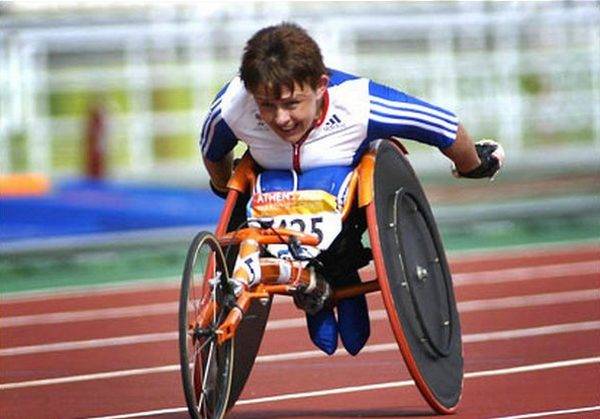The Paralympic games run parallel (hence the name) to the Olympic Games and as such they are the second biggest sports event in the world. The games originated from Dr. Ludwig Guttmann’s belief in the efficacy of using sport as therapy for people who had been injured in the Second World War. From here the concept of competitive games for people with disabilities grew and in 1948 the first International Wheelchair Games were held at the same time as the 1948 Olympics.

Dr. Guttmann’s dream fully came to fruition in 1960 when the first official Olympic Games for people with disabilities was held in Rome. Initially, only wheelchair athletes were eligible to compete, but the Paralympics have now grown to include amputee athletes and people with physical disabilities, cerebral palsy, spinal injuries and visual impairments. A fifth category called ‘Les Autres’ was established to cover all other eligible participants.
The Paralympics Take Off
The Paralympics have grown to encompass two seasons – summer and winter – and are held in the same years as the Olympic summer and winter games. In 1960, 400 athletes from 23 countries participated in the Games. By 2008 3,951 athletes from 146 countries took part. The Paralympics are governed by the International Paralympic Committee and are composed of member nations and international disability groups. The ethos of the Committee is a commitment to enabling Paralympic athletes to achieve sporting excellence and also inspire a worldwide audience.
London 2012
This year the Paralympics take place in London from 29th August to 9th September and will involve 21 different sporting events, each with their own classification code. Events include archery, athletics, road and track cycling, football, rowing, shooting and swimming to name just a few. The classification code for each sport is put in place to ensure a fair competition takes place. It determines which athletes are eligible to take part in particular sports and, as mentioned earlier, groups athletes by the degree to which they are limited by disability.
The Paralympic torch relay will be lit in England on 24th August, followed by flames being lit in Belfast, Cardiff and Edinburgh. The flames will then travel around prominent locations. This will culminate in a flame-lighting ceremony on 28th August in Stoke Mandeville, where all four flames are combined. This single flame then travels to London for the Opening Ceremony.
Events will take place in a number of different locations throughout and outside of London in top-class, purpose-built venues. Outdoor events will take place against iconic London landmarks such as The Mall, Buckingham Palace and Greenwich Park. Sailing events will take place on the beautiful south coast of England in Weymouth and Portland.
The Paralympics are a truly inspiring event and have certainly fulfilled Dr. Guttmann’s wishes to see sport made accessible for people with disabilities. It has gone beyond his original vision of sport as a form of therapy; indeed, it has become a valuable tool for building skills, confidence, sportsmanship and worldwide recognition for achievements that are possible despite disability.
If you feel you or a family member could benefit from any disabled equipment which will help improve your live such as a handcycle for mobility purposes you may want to visit Allabilitycycling.com who offer an extensive range of cycles which caters for all.
A Guide To The Paralympics

